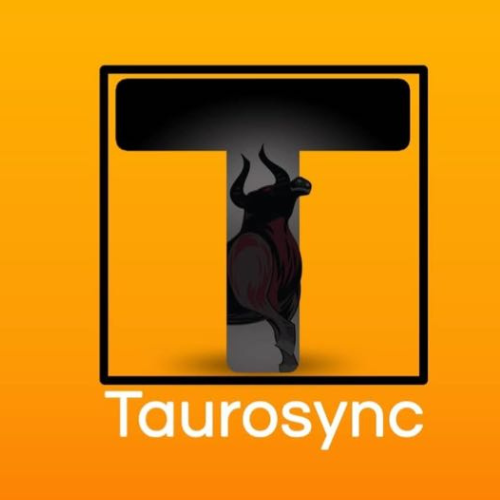What Is Off-Page SEO and Why Is It Important?
When it comes to improving your website’s search engine rankings, off-page SEO is just as important as on-page optimization. While on-page SEO focuses on elements within your website, off-page SEO involves actions taken outside your website to enhance its authority, trustworthiness, and visibility online.

Mastering Off-Page SEO: Strategies to Boost Your Rankings
Off-page SEO signals to search engines how your website is perceived across the web. These signals help search engines evaluate your site’s credibility and relevance, ultimately influencing where your site ranks in search results.

Effective Link Building Techniques for Off-Page SEO
Off-page SEO refers to all the activities performed outside your own website to improve its search engine rankings. These activities help build your site’s reputation and authority by generating backlinks, improving brand mentions, and increasing social engagement.
The primary goal of off-page SEO is to increase your site’s popularity and trustworthiness in the eyes of search engines like Google, which helps boost your organic rankings.


How to Create a Winning Off-Page SEO Strategy
1. Backlinks (Inbound Links)
Backlinks are links from other websites pointing to your site. They are one of the most critical factors in off-page SEO because they act as votes of confidence from other web sources.
Quality over Quantity: A few backlinks from reputable, authoritative sites are more valuable than many links from low-quality or spammy sites.
Relevance: Links from websites related to your niche or industry carry more weight.
Anchor Text: The clickable text in the backlink should be relevant and natural, helping search engines understand the linked page’s content.
2. Social Media Engagement
While social signals (likes, shares, comments) do not directly influence rankings, active social media presence helps increase brand awareness and drives traffic to your site. When your content is shared widely, it can attract natural backlinks and improve your online visibility.
3. Brand Mentions
Even when your website is not directly linked, brand mentions across blogs, forums, news sites, and social media contribute to your online reputation. Search engines can associate these mentions with your brand authority.
4. Guest Blogging
Publishing articles on reputable third-party websites allows you to reach new audiences, build relationships with industry leaders, and earn high-quality backlinks. Guest blogging must be done thoughtfully to provide value rather than just link-building.
5. Influencer Outreach
Collaborating with influencers can amplify your content reach and generate backlinks or social mentions. Influencers’ endorsement also enhances your brand’s trustworthiness.
6. Forum Participation and Q&A Sites
Contributing helpful answers and participating in industry-related forums or sites like Quora or Reddit can establish your expertise and drive referral traffic. While these links may be nofollow (which don’t directly impact SEO), they boost visibility and brand awareness.



